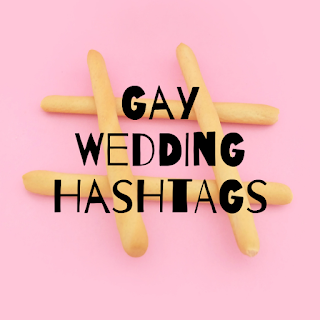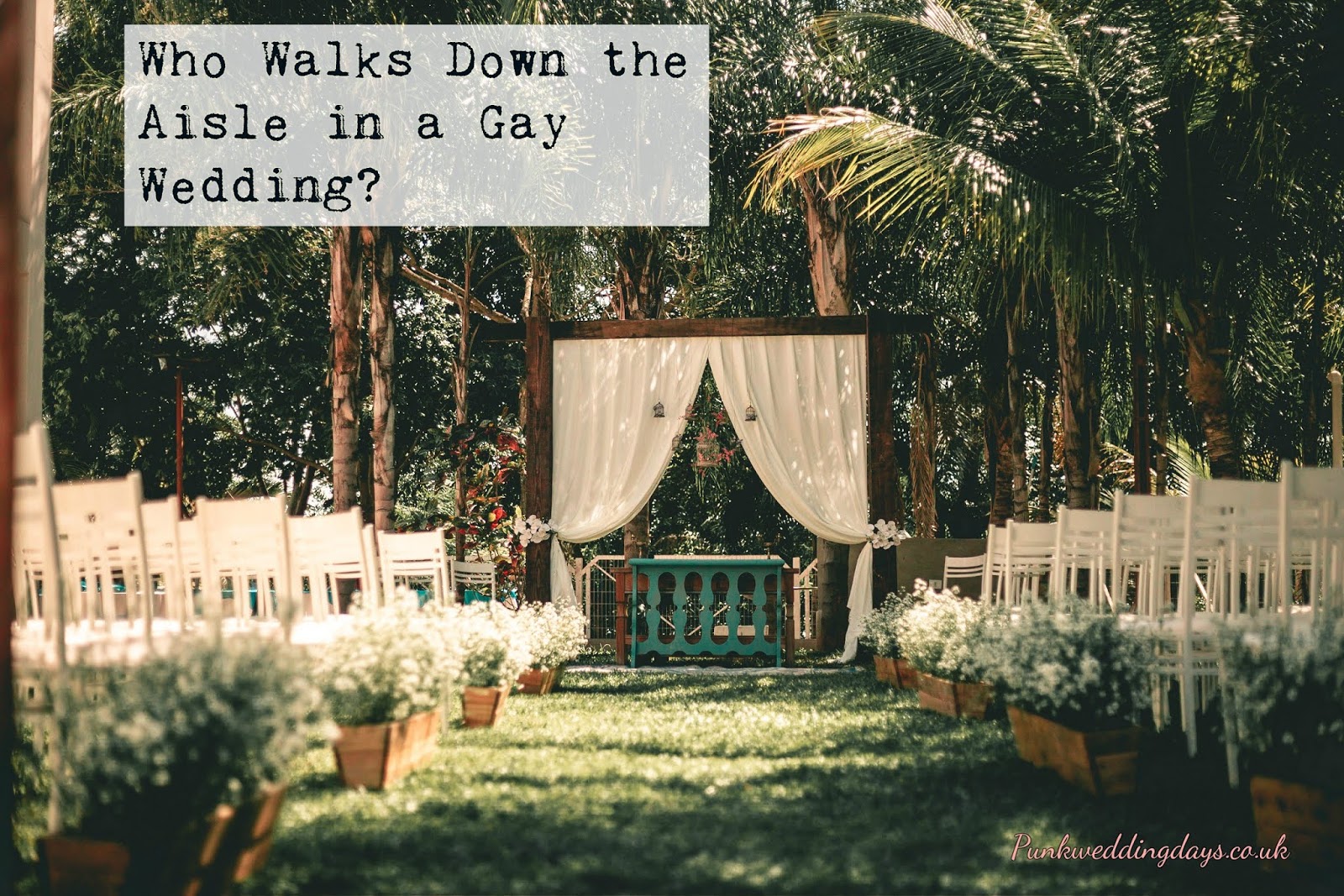Wedding Ceremonies: Unplugged
What is an unplugged wedding?
For starters, it’s not a wedding for couples who
can’t pay their electricity bill.
An
unplugged wedding is when guests are asked not to take photographs or film
video during the ceremony. There’s still a professional photographer on hand,
but the benefits of an unplugged wedding are twofold:
It encourages the guests to be present in the moment rather than be distracted by phones and cameras.
An unplugged wedding is a dream to most wedding photographers. Couples pay a photographer because wedding
photography is a really tough job, and it’s why the good ones don’t come cheap.
Photographers, however, now have to compete for the
perfect shot with every other camera, phone, iPad and tablet in the room. This
isn’t a competition of skill (the photographer will win), but one for space,
light and composition. Other people and
their camera phones just get in the way.
We’ve been to more than one wedding where guests
went too far: standing in the aisles, following the photographer around and waving
their massive tablets above their heads like a ring girl in a boxing match. It
isn’t necessary, and it’s bloody annoying.
It isn’t just the photographer, however, who gets
frustrated. Weddings are meant to be intimate, personal and touching affairs
but how can they be if guests are watching from the other side of a digital
wall? Seeing through a viewfinder is not the same as seeing. It creates a massive disconnect completely at
odds with the occasion.
My biggest irritation at weddings (at any event
really) is people who use iPads as cameras. Don’t get me wrong, I love my iPad,
but it isn’t a great camera. It’s big, too, and when guests sit there holding
it above their head it’s distracting. It ruins the professional photographs taken from the back.
Recently, I was at a wedding where the celebrant
asked everyone not to take photographs during the ceremony. There were two photographers who were busy
throughout the service. Once the vows
were said and the register signed, however, we were all invited to go and take
a photograph of the grooms. It was such a
good idea: the photographers were able to do their job properly; the guests got
to see the whole ceremony without being distracted by LCD screens and those who
wanted a photograph got one (and a good one at that).
I didn’t take one single photograph that day. I
trusted the photographers to do their job, and I knew my friends had their
cameras for the reception.
 In fact, the reception is a great time to lift a
photography ban. It’s where camera phones come into their own – catching the
moments between friends that the photographer is bound to miss.
In fact, the reception is a great time to lift a
photography ban. It’s where camera phones come into their own – catching the
moments between friends that the photographer is bound to miss.
Ultimately, the decision to go unplugged is one the
couple must make. It’s less
controversial than banning children, but it’s worth giving people a heads up
before the ceremony begins.
Write it on the invitations if you can.
Have it written down at the entrance to the ceremony
space. A chalkboard or easel will work well for this.
Ask the celebrant or registrar to remind everyone
at the start of the ceremony. If it’s a small ceremony, then perhaps, too, you
could invite people take photographs after the register has been signed.
What do you think? Would you go unplugged for you wedding ceremony? Or is it something that doesn't really bother you? We have some fantastic photographers in our wedding directory, follow this link to find them.











